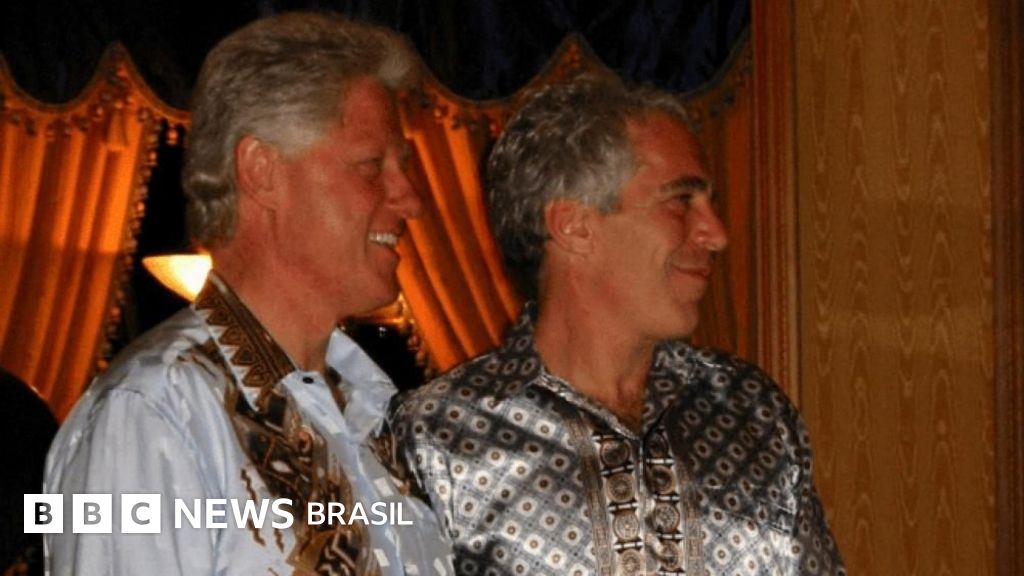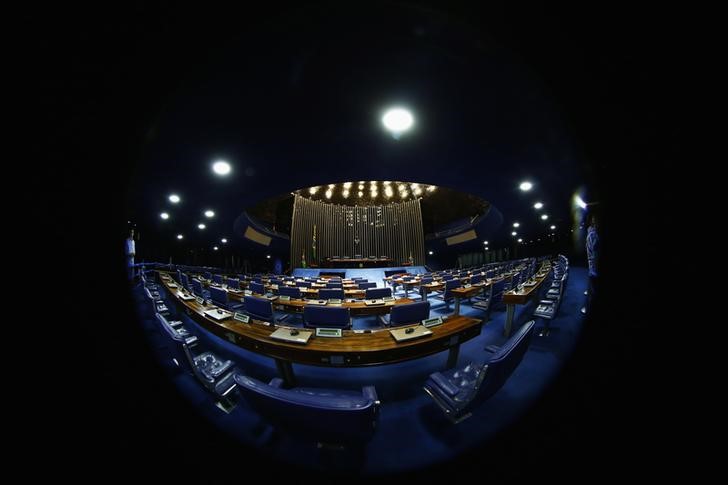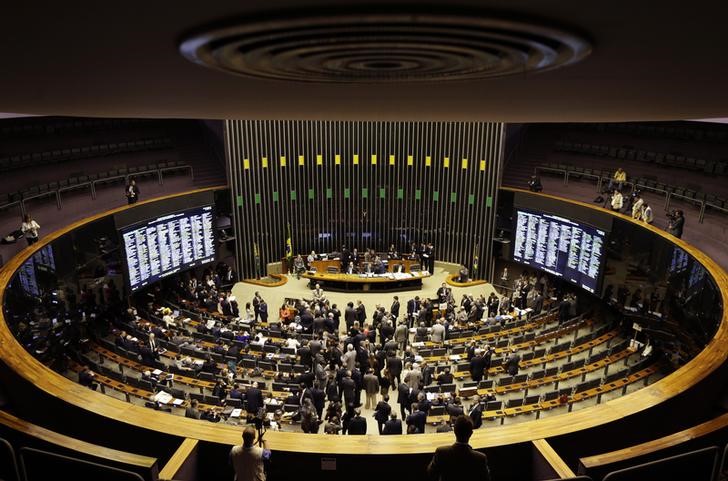As part of the Trump administration’s drive to lionize the late Charlie Kirk and chill criticism of his politics, the State Department announced on Tuesday that it had revoked visas for a half-dozen noncitizens who had “celebrated” his assassination in recent weeks online.
The State Department shared the offending remarks in a thread on X, redacting the posters’ handles and avatars. Many of the comments were crass and incendiary — the kind of protected political speech at the heart of the First Amendment, which applies to citizens and noncitizens alike. One Argentine suggested that Kirk should “rest in fucking piss” because of his life devoted to “spreading racist, xenophobic, misogynistic rhetoric,” while a Brazilian national asserted that Kirk “DIED TOO LATE.”
Nota Baloyi, a South African who spoke to The Intercept on Wednesday, had his visa revoked for tweeting that Kirk “won’t be remembered as a hero. He was used to astroturf a movement of white nationalist trailer trash!”
Baloyi told The Intercept that he deleted his post from X after South African right-wingers flagged it for the State Department by tagging Secretary of State Marco Rubio, who tweeted in the days after Kirk’s death that visa revocations were “under way” and that noncitizens who were “cheering on the public assassination of a political figure” should “prepare to be deported.” Baloyi disputed that his post was mocking or making light of Kirk’s death.
“While the government can revoke visas for many reasons, the First Amendment forbids it from doing so based on viewpoint.”
“I was keeping this matter to myself until the State Department posted about it,” said Baloyi, who is currently in South Africa and last visited the U.S. in 2023.
Last Friday he received a brief email notification from the U.S. consular office revoking his visa. The message made no reference to his social media activity.
“I thought immediately, ‘what could I have done?’” he said.
He realized what was happening after the State Department shared his post on Tuesday. “I was being targeted because I’m an enemy of rightwing South Africans,” Baloyi said, “especially those who have been going around the world and pleading to the Trump administration to let them in as refugees and victims of a nonexistent white genocide.”
Baloyi’s remarks and others flagged by the State Department are all examples of core political speech, according to attorneys who slammed the revocations as blatantly unconstitutional.
“This is a profound threat to free expression,” wrote Brian Hauss, senior staff attorney with the American Civil Liberties Union’s Speech, Privacy and Technology Project, in a statement to The Intercept. “The government is weaponizing immigration law to punish people for expressing disapproved opinions.”
“These kinds of visa revocations are censorship, plain and simple,” wrote Carrie DeCell, senior staff attorney and legislative advisor at the Knight First Amendment Institute at Columbia University.
“Mere ‘mockery’ can’t be grounds for adverse government action — whether revocation of broadcast licenses or revocation of visas,” DeCell added. “While the government can revoke visas for many reasons, the First Amendment forbids it from doing so based on viewpoint.”
Last month, in a lawsuit brought by the Knight Institute on behalf of professors and academics nationwide, a federal judge ruled that Rubio and Department of Homeland Security Secretary Kristi Noem had unconstitutionally targeted noncitizens for deportation and detention based on political speech, namely criticism of Israel’s war on Gaza.
“Secretaries Noem and Rubio are engaged in a mode of enforcement leading to detaining, deporting, and revoking noncitizens’ visas solely on the basis of political speech, and with the intent of chilling such speech and that of others similarly situated,” wrote Judge William G. Young, a Reagan appointee to the federal court in Massachusetts, in his ruling. “Such conduct is not only unconstitutional, but a thing virtually unknown to our constitutional tradition.”
In the email notification to Baloyi, who shared a copy with The Intercept, the State Department invoked the same broad law the Trump administration used to target Rümeysa Öztürk and other college students for deportation earlier this spring: section 221(i) of the Immigration and Nationality Act.
That provision, which is currently being challenged by student journalists as unconstitutional to the extent it’s used to target noncitizens based on their speech, grants the Secretary of State broad authority to revoke allowing the secretary to revoke visas “at any time, in his discretion.”
Julia Rose Kraut, a legal historian and author of a book about the American history of ideological deportation, said that this form of political targeting has a longstanding legacy in the United States.
“Historically, the United States has used ideological exclusions and deportations, and the threat of such exclusions and deportations, as tools of political repression to suppress dissent,” Kraut wrote in an email to The Intercept. “And this has always resulted in a chilling effect on freedom of expression and association.”
Eric Lee, a Michigan-based immigration attorney who offered to represent the targeted visa holders pro bono, told The Intercept that “the State Department’s efforts to censor criticisms of Charlie Kirk” were “part-and-parcel” of a larger “anti-democratic operation.”
“The Trump administration is banning speech with which it disagrees, from criticism of the genocide [in Gaza] to criticism of fascism, which it now calls ‘anti-American’ or even ‘domestic terrorism,” Lee wrote in an email. “We will do what we can in the courts, but the population now must stand up and oppose the drive to dictatorship.”
Baloyi said he has plans to return to the U.S. next February for a business trip. He expects his immigration attorney will be able to convince the State Department to reverse this “unfair and discriminative act” and grant him a new visa.
The State Department did not respond to The Intercept’s questions about the constitutional basis for revoking visas over political statements.

 German (DE)
German (DE)  English (US)
English (US)  Spanish (ES)
Spanish (ES)  French (FR)
French (FR)  Hindi (IN)
Hindi (IN)  Italian (IT)
Italian (IT)  Portuguese (BR)
Portuguese (BR)  Russian (RU)
Russian (RU) 





:strip_icc()/i.s3.glbimg.com/v1/AUTH_59edd422c0c84a879bd37670ae4f538a/internal_photos/bs/2023/l/g/UvNZinRh2puy1SCdeg8w/cb1b14f2-970b-4f5c-a175-75a6c34ef729.jpg)










Comentários
Aproveite ao máximo as notícias fazendo login
Entrar Registro